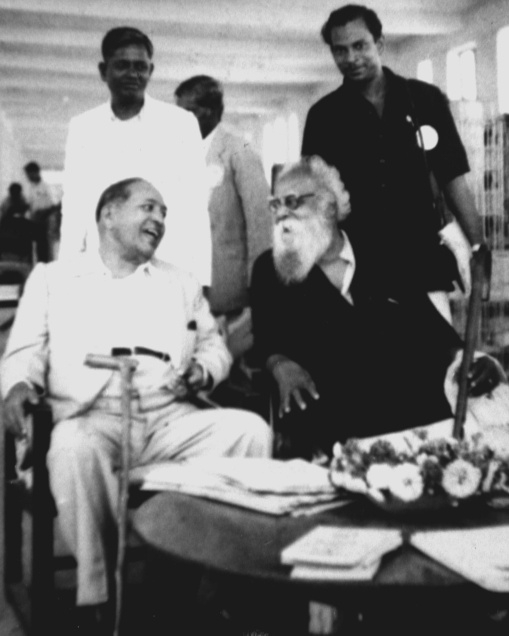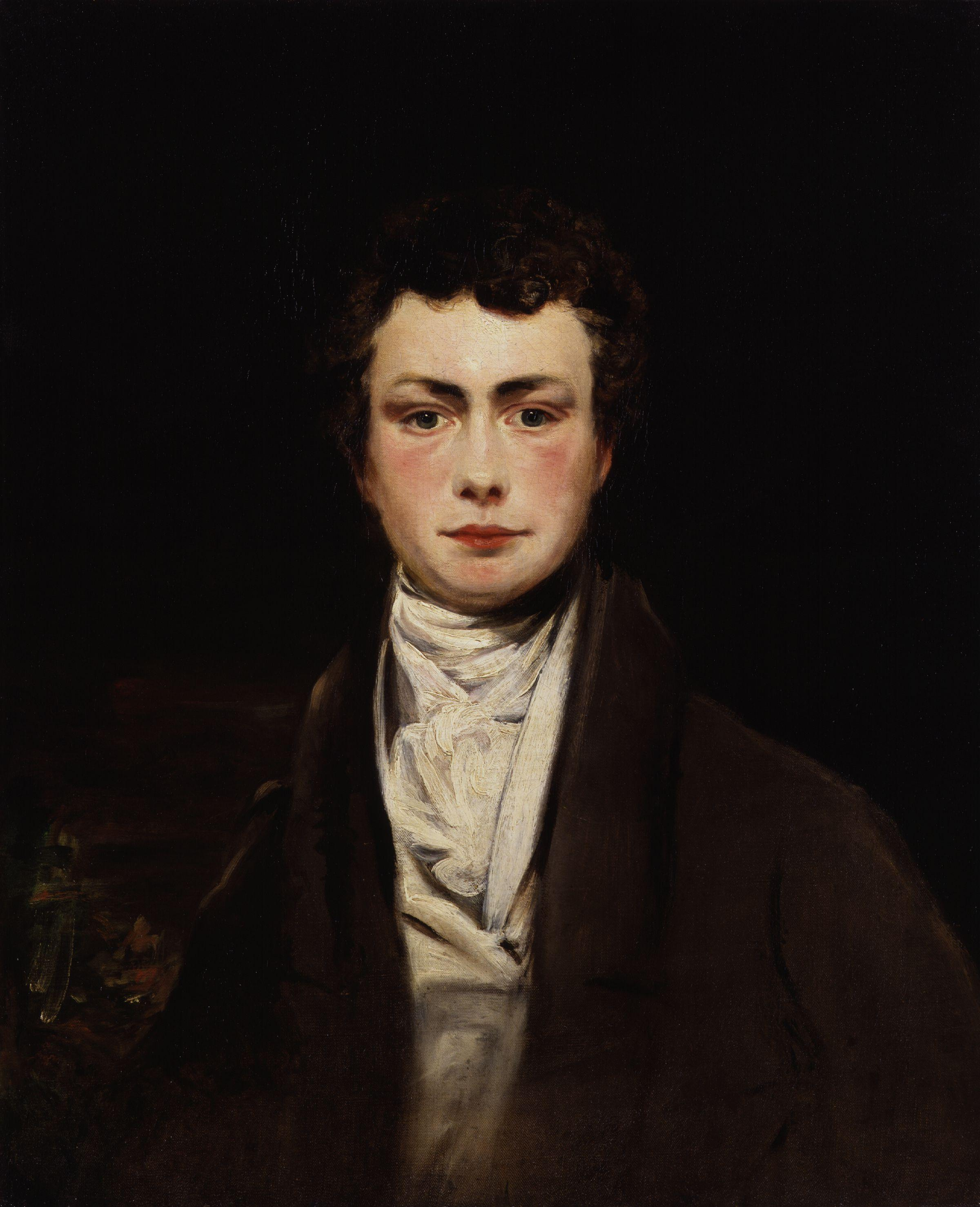|
Adipudi Somanatharao
Adipudi Somanatharao (1867—1941) was an Indian writer and social reformer. Biography Adipudi Somanatharao belonged to the Brahmin community of Sandilya Gotra. He worked in Pithapuram, Sansthanam as a scholar. He was a well-known poet in Sanskrit, Kannada, Hindi, Tamil and Telugu. He introduced the style of Ravindranath Tagore poetry to the Telugu people. Translator He translated the Kamba Ramayanam from Tamil to Telugu. He established the "Srikrishnadevarayandhra Bhashanilayam" with the help of the famous scholar, " Komarraju Lakshmanarao". He translated the famous epic in English " Paradise and the Peri" which was written by Thomas Moore Thomas Moore (28 May 1779 – 25 February 1852) was an Irish writer, poet, and lyricist celebrated for his ''Irish Melodies''. Their setting of English-language verse to old Irish tunes marked the transition in popular Irish culture from Irish ... (1779-1852) into Telugu. Writings * ''Japan Desa Charitra'' (History of Japan) ... [...More Info...] [...Related Items...] OR: [Wikipedia] [Google] [Baidu] |
Gitanjali
__NOTOC__ ''Gitanjali'' ( bn, গীতাঞ্জলি, lit='Song offering') is a collection of poems by the Bengali poet Rabindranath Tagore. Tagore received the Nobel Prize for Literature, for the English translation, Gitanjali:''Song Offerings'', making him the first non-European to receive this honor. It is part of the UNESCO Collection of Representative Works. Its central theme is devotion, and its motto is "I am here to sing thee songs" (No. XV). History The original Bengali collection of 156/157 poems was published on August 14, 1910. The poems were based on medieval Indian lyrics of devotion with a common theme of love across most poems. Some poems also narrated a conflict between the desire for materialistic possessions and spiritual longing. Reworking in other languages The English version of ''Gitanjali'' or ''Song Offerings/Singing Angel'' is a collection of 103 English prose poems, which are Tagore's own English translations of his Bengali poems, and was first ... [...More Info...] [...Related Items...] OR: [Wikipedia] [Google] [Baidu] |
Komarraju Venkata Lakshmana Rao
Komarraju Venkata Lakshmana Rao ( te, కొమఱ్ఱాజు వెంకట లక్ష్మణరావు), (18 May 1877 – 14 July 1923) was an Indian historian. Life He was the son of Komarraju Venkatappaiah and Gangamma on 18 May 1877 in a Brahmin family in Penuganchiprolu village in Krishna district-Andhra Pradesh. His father died two years after his birth, leaving one daughter and two sons. His early education was imparted at Bhongir under his mother and step brother Shankar Rao. Later he was shifted to Nagpur for higher education under the care of his older sister, Bhandaru Acchamamba and her husband Bhandaru Madhava Rao. Lakshmana Rao married Ramakotamma in 1897. With his help, Acchamamba became a notable scholar. Lakshmana Rao passed his B.A. examination in 1900 and took his M.A. privately in 1902. His guru was Hari Mahadev Pandit, editor of Vividh Gnyan Vistar. Lakshmana Rao was the assistant editor. He wrote ''Sivaji Charithram'' in Telugu language, Te ... [...More Info...] [...Related Items...] OR: [Wikipedia] [Google] [Baidu] |
Indian Social Reformers
Notable social reformers in India included *Subramanya Bharathiyaar *Swami Vivekananda * Ishwarchandra Vidyasagar *Debendranath Tagore *Rabindranath Tagore *Mahatma Gandhi * Dwarkanath Ganguly *Gopal Ganesh Agarkar *Baba Amte *Javaid Rahi *Pandurang Shastri Athavale *Basavanna *Vinoba Bhave *Gopal Hari Deshmukh *Virchand Gandhi *Narayana Guru *Kazi Nazrul Islam *Acharya Balshastri Jambhekar *Vinayak Damodar Savarkar *Dhondo Keshav Karve *T. K. Madhavan *Ramakrishna Paramhansa *Jyotiba Phule *Savitribai Phule *Pandita Ramabai *Periyar E. V. Ramasamy *Kuriakose Elias Chavara Kuriakose Elias Chavara, C.M.I. (10 February 1805 – 3 January 1871) was an Indian Syro-Malabar Catholic priest, philosopher and social reformer. He is the first canonised Catholic male saint of Indian origin and a member of the Syro- ... *Mahadev Govind Ranade *Kirity Roy *Raja Ram Mohan Roy *Begum Rokeya *BR Ambedkar *Dayananda Saraswati *Subhash Chandra Bose *Anurag Chauhan *Sahajanand Sar ... [...More Info...] [...Related Items...] OR: [Wikipedia] [Google] [Baidu] |
Telugu Writers
Telugu may refer to: * Telugu language, a major Dravidian language of India *Telugu people, an ethno-linguistic group of India * Telugu script, used to write the Telugu language ** Telugu (Unicode block), a block of Telugu characters in Unicode See also * Telugu cinema * Telugu cuisine * Telugu culture (other) * Telugu states Telugu states are the Indian states of Andhra Pradesh and Telangana in southeastern India. An ethno-region of Telugu People, they as a collective are bordered by Maharashtra to the north, Karnataka to the west, Odisha, Chhattisgarh to the north ... * * {{disambiguation Language and nationality disambiguation pages ... [...More Info...] [...Related Items...] OR: [Wikipedia] [Google] [Baidu] |
1941 Deaths
Events Below, the events of World War II have the "WWII" prefix. January * January–August – 10,072 men, women and children with mental and physical disabilities are asphyxiated with carbon monoxide in a gas chamber, at Hadamar Euthanasia Centre in Germany, in the first phase of mass killings under the Action T4 program here. * January 1 – Thailand's Prime Minister Plaek Phibunsongkhram decrees January 1 as the official start of the Thai solar calendar new year (thus the previous year that began April 1 had only 9 months). * January 3 – A decree (''Normalschrifterlass'') promulgated in Germany by Martin Bormann, on behalf of Adolf Hitler, requires replacement of blackletter typefaces by Antiqua. * January 4 – The short subject ''Elmer's Pet Rabbit'' is released, marking the second appearance of Bugs Bunny, and also the first to have his name on a title card. * January 5 – WWII: Battle of Bardia in Libya: Australian and British troops de ... [...More Info...] [...Related Items...] OR: [Wikipedia] [Google] [Baidu] |
1867 Births
Events January–March * January 1 – The Covington–Cincinnati Suspension Bridge opens between Cincinnati, Ohio, and Covington, Kentucky, in the United States, becoming the longest single-span bridge in the world. It was renamed after its designer, John A. Roebling, in 1983. * January 8 – African-American men are granted the right to vote in the District of Columbia. * January 11 – Benito Juárez becomes Mexican president again. * January 30 – Emperor Kōmei of Japan dies suddenly, age 36, leaving his 14-year-old son to succeed as Emperor Meiji. * January 31 – Maronite nationalist leader Youssef Bey Karam leaves Lebanon aboard a French ship for Algeria. * February 3 – ''Shōgun'' Tokugawa Yoshinobu abdicates, and the late Emperor Kōmei's son, Prince Mutsuhito, becomes Emperor Meiji of Japan in a brief ceremony in Kyoto, ending the Late Tokugawa shogunate. * February 7 – West Virginia University is established in Morgantown, West Virginia. * Febru ... [...More Info...] [...Related Items...] OR: [Wikipedia] [Google] [Baidu] |
Kakinada
Kakinada (List of renamed places in India, formerly called Kakinandiwada, Coringa, and Cocanada; ) is the List of cities in Andhra Pradesh by population, sixth largest city of the States and union territories of India, Indian state of Andhra Pradesh and serves as the district headquarters of the Kakinada District. It lies on the coast of the Bay of Bengal. J.N.T.U. College of Engineering Kakinada, established in 1946, is the oldest and popular Government college in the state of Andhra Pradesh. The First Polytechnic college of Andhra Pradesh, Andhra Polytechnic was established here in 1946. It was also the origin point of Buckingham Canal where goods used to be transported by boats during the British rule. It was once home for Asia's largest Port, sea port (now near the village Coringa, East Godavari district, Coringa). Many people from the city migrated from this Port, sea port to countries like Myanmar, Burma, Mauritius, Fiji and various southeast Asian countries to work there ... [...More Info...] [...Related Items...] OR: [Wikipedia] [Google] [Baidu] |
Thomas Moore
Thomas Moore (28 May 1779 – 25 February 1852) was an Irish writer, poet, and lyricist celebrated for his ''Irish Melodies''. Their setting of English-language verse to old Irish tunes marked the transition in popular Irish culture from Irish to English. Politically, Moore was recognised in England as a press, or " squib", writer for the aristocratic Whigs; in Ireland he was accounted a Catholic patriot. Married to a Protestant actress and hailed as "Anacreon Moore" after the classical Greek composer of drinking songs and erotic verse, Moore did not profess religious piety. Yet in the controversies that surrounded Catholic Emancipation, Moore was seen to defend the tradition of the Church in Ireland against both evangelising Protestants and uncompromising lay Catholics. Longer prose works reveal more radical sympathies. The ''Life and Death of Lord Edward Fitzgerald'' depicts the United Irish leader as a martyr in the cause of democratic reform. Complementing Maria Edgewort ... [...More Info...] [...Related Items...] OR: [Wikipedia] [Google] [Baidu] |
Paradise And The Peri
''Paradise and the Peri'', in German ''Das Paradies und die Peri'', is a secular oratorio for soloists, choir, and orchestra by Robert Schumann. Completed in 1843, the work was published as Schumann's Op. 50. The work is based on a German translation (by Schumann and his friend Emil Flechsig) of a tale from ''Lalla-Rookh'' by Irish poet and lyricist Thomas Moore. The peri, a creature from Persian mythology, is the focus of the story, having been expelled from Paradise and trying to regain entrance by giving the gift that is most dear to heaven. Eventually the peri is admitted after bringing a tear from the cheek of a repentant old sinner who has seen a child praying. Peter Ostwald in his biography ''Schumann: The Inner Voices of a Musical Genius'' records that Schumann "confided to a friend that 'while writing ''Paradise and the Peri'' a voice occasionally whispered to me "what you are doing is not done completely in vain,"'" and that even Richard Wagner praised this work. The ... [...More Info...] [...Related Items...] OR: [Wikipedia] [Google] [Baidu] |
Kamba Ramayanam
''Ramavataram'', popularly referred to as ''Kamba Ramayanam'', is a Tamil epic that was written by the Tamil poet Kambar during the 12th century. Based on Valmiki's ''Ramayana'' (which is in Sanskrit), the story describes the life of King Rama of Ayodhya. However, ''Ramavatharam'' is different from the Sanskrit version in many aspects – both in spiritual concepts and in the specifics of the storyline. This historic work is considered by both Tamil scholars and the general public as one of the greatest literary works in Tamil literature. Kambar wrote this epic with the patronage of Thiruvennai Nallur Sadayappa Vallal, a Pannai kula chieftain. In gratitude to his patron, Kamban references his name once in every 1,000 verses. Early references in Tamil literature Even before Kambar wrote the Ramavataram in Tamil in the 12 century CE, there are many ancient references to the story of Ramayana, implying that the story was familiar in the Tamil lands even before the Common ... [...More Info...] [...Related Items...] OR: [Wikipedia] [Google] [Baidu] |
Reform Movement
A reform movement or reformism is a type of social movement that aims to bring a social or also a political system closer to the community's ideal. A reform movement is distinguished from more radical social movements such as revolutionary movements which reject those old ideals, in that the ideas are often grounded in liberalism, although they may be rooted in socialist (specifically, social democratic) or religious concepts. Some rely on personal transformation; others rely on small collectives, such as Mahatma Gandhi's spinning wheel and the self-sustaining village economy, as a mode of social change. Reactionary movements, which can arise against any of these, attempt to put things back the way they were before any successes the new reform movement(s) enjoyed, or to prevent any such successes. United Kingdom After two decades of intensely conservative rule, the logjam broke in the late 1820s with the repeal of obsolete restrictions on Nonconformists, followed by the d ... [...More Info...] [...Related Items...] OR: [Wikipedia] [Google] [Baidu] |





